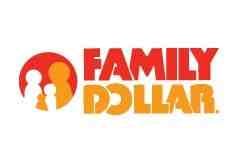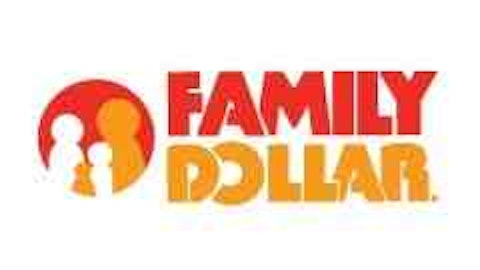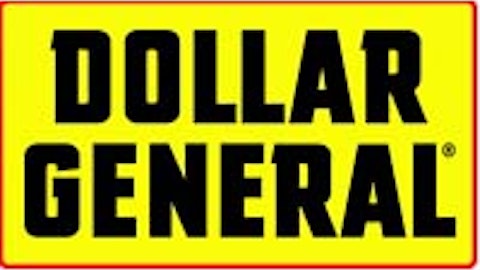Family Dollar Stores, Inc. (NYSE:FDO) announced earnings on Wednesday and is currently trading higher by almost 8%. The company’s earnings were in-line with expectations, nothing special, but its stock obviously responded well to the numbers. However, does this mean that Family Dollar is a “Buy”?
What Stood Out?
First, here are three things that stood out to me in the quarter:
1. Earlier in the year, Family Dollar projected that Q4 comparable sales would rise 2%-4% year-over-year. Now, the company is tightening that range, and guiding for growth of just 2% during its upcoming quarter. As an investor, I would like to have seen guidance on the high-end, or at least the midpoint of prior guidance.
2. For the first time since 2009, Family Dollar Stores, Inc. (NYSE:FDO) did not buyback any shares during the last quarter. While this may mean nothing, it is still worth noting, and is a fact that some might be missing.
3. Lastly, Family Dollar saw a 15% year-over-year sales gain in consumable products. However, these products are low margin. Its high margin business, discretionary, saw sales fall 4% over the prior year. This is problematic and is part of a larger trend that we’ve seen develop in retail, and especially with dollar stores.
An Industry Side-By-Side
Despite an in-line quarter and three key takeaways that I obviously view as problematic, we can’t deny that Family Dollar is still the only of the dollar stores that returns a yield, but is the best?
| Family Dollar Stores, Inc. (NYSE:FDO) | Dollar General Corp. (NYSE:DG) | Dollar Tree, Inc. (NASDAQ:DLTR) | |
|---|---|---|---|
| Forward P/E | 16.25 | 14.63 | 16.5 |
| Price/Sales | 0.72 | 1.04 | 1.57 |
| Operating Margin | 6.95% | 10.2% | 12.59% |
| Comp. Sales Growth | 2% | 3% | 2% |
Dollar General Corp. (NYSE:DG) and Family Dollar Stores, Inc. (NYSE:FDO)operate a near identical business. Yet, when we look at the two companies’ side-by-side we can see that Dollar General is a little cheaper relative to earnings but only because it has higher operating margins.
In addition, Dollar General’s comp growth may look more attractive, but it’s only because the company has restructured and closed branches that were causing it to operate in negative comp growth territory. Thus, my concern with Dollar General is the industry-wide shift of lower discretionary sales growth.
Clearly, Dollar General has capitalized in this space, due to its high margins. Therefore, I think Family Dollar is the more attractive of the two, as Dollar General has the most to lose from the macro shift and Family Dollar is the cheaper stock relative to sales.




